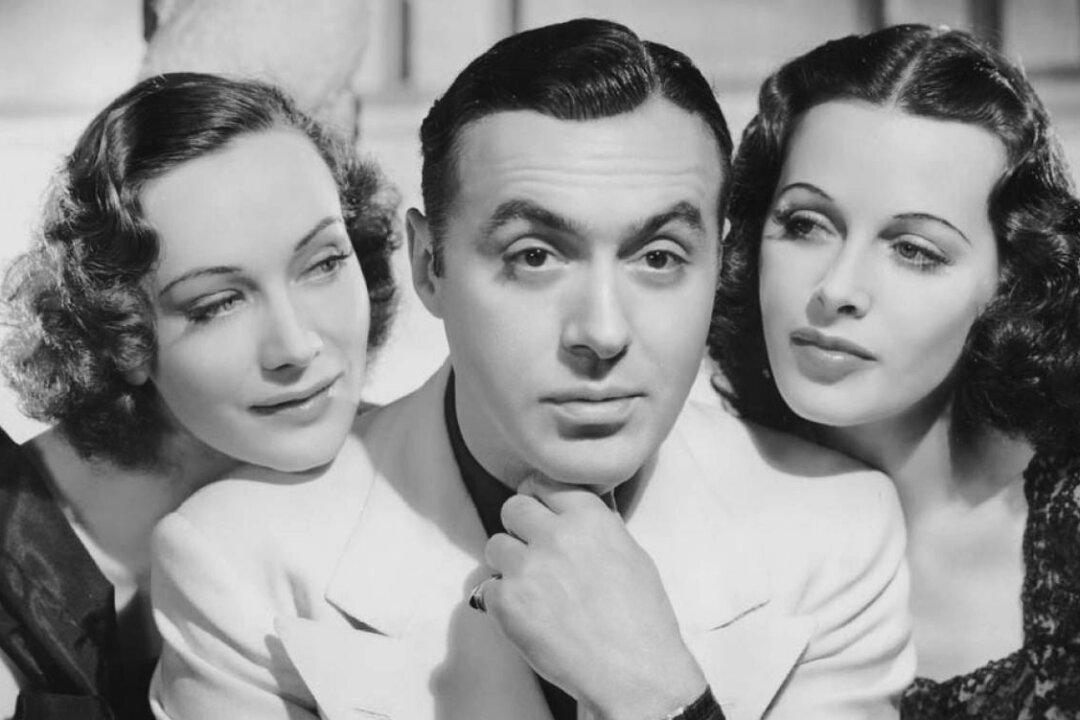Commentary
“Come with me to the Casbah.” If you’re familiar with this line, you might associate it with Pepé le Pew, the romantic French skunk from Warner Bros. Looney Tunes. Pepé frequently said the line to the object of his affections, a black and white cat whom he mistook for a female skunk. This amorous stinker was based on Charles Boyer, particularly in MGM’s exotic drama “Algiers” from 1938.





